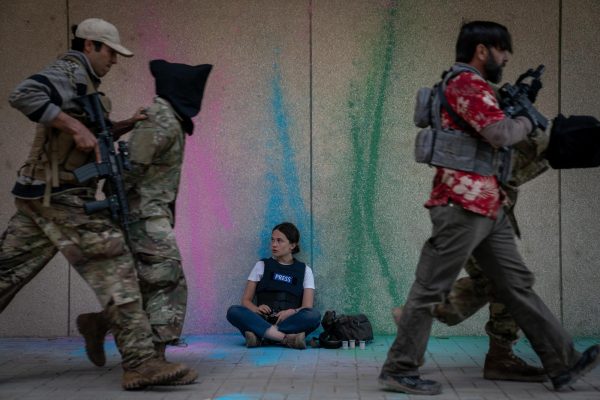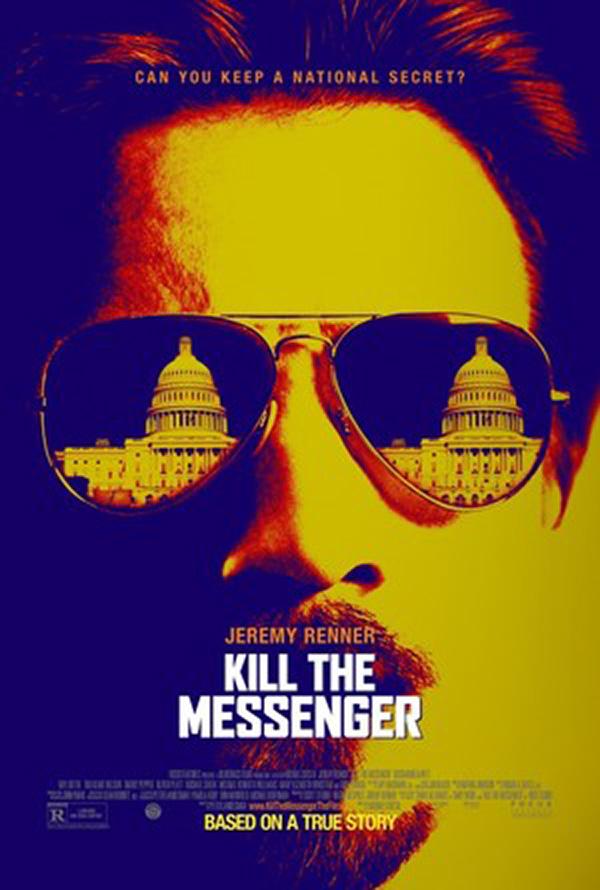Jeremy Renner, director Michael Cuesta discuss new film
In the age of government leaks and whistleblowers, director Michael Cuesta’s “Kill The Messenger” is more relevant today than ever.
Jeremy Renner produces and stars in this true tale of Gary Webb, a journalist for the San Jose Mercury News. In 1996, Webb uncovered a government conspiracy involving the CIA smuggling crack cocaine into the United States. The film follows the story of Webb’s investigation and the smear campaign that was started against him. Renner plays Webb and conveys the emotional trials and tribulations that he faced in the aftermath of publishing the article about his findings, titled “Dark Alliance.”
In an interview, Renner and Cuesta opened up about the challenges they faced in bringing Webb to the screen.
“There are difficulties ultimately to play someone that exists or existed,” Renner said. “Initially it’s easier because you have a roadmap and there’s a lot of information for this person that you play. But then there are limitations because of that roadmap that’s there before you.”
Although Cuesta was the last person to join the project, it was not because he had any apprehension about bringing a deeply meaningful story to life.
“I read the script and I remembered the story,” Cuesta said. “I remembered seeing Webb on talk shows in the ’90s. What I didn’t know was the extent that he was discredited and how far it went and what he went through. So that for me was the bigger revelation that made me really want to tell the story, that this guy was brought down by his own bliss … and I really related to that.”
Webb committed suicide in 2004 after battling with depression. The suicide was not featured in the film. Renner said it was important that the film not focus on his suicide.
“I thought what we were going to do in the beginning of the movie was have this image of Gary Webb in the morgue scene, but that ended up being like, ‘We gotta get rid of that,’” Renner said. “It ended up being so heavy-handed, directorially. [It wasn’t] what the movie was about.”
The film is much more personal than other conspiracy movies like it — it tells the story of the man, rather than the secrets he uncovered.
“We stayed with Gary, and his story, and his plight as a man, as a father, as a journalist, and what happened to him with the media and used what we had,” Renner said. “We used what we had.”
“Kill The Messenger” sheds light on a relatively unknown piece of American history, and by keeping the film personal, it gives a face to the effects this government coverup had on the average family man.
“Hopefully people talk about [the movie],” Renner said. “People want to know more, that’s awesome. Regardless of what they find, they’re physically going to go do something and learn something. That is an amazing thing to get out of a movie — to be inspired, angry, emotional or affected.”
Email Jim Muntisov at [email protected].














































































































































